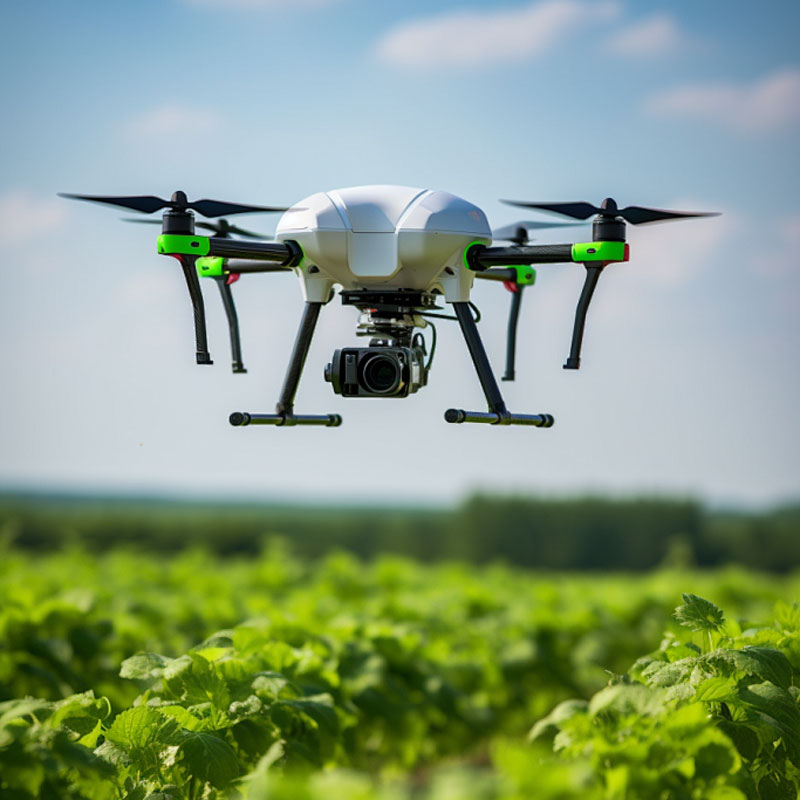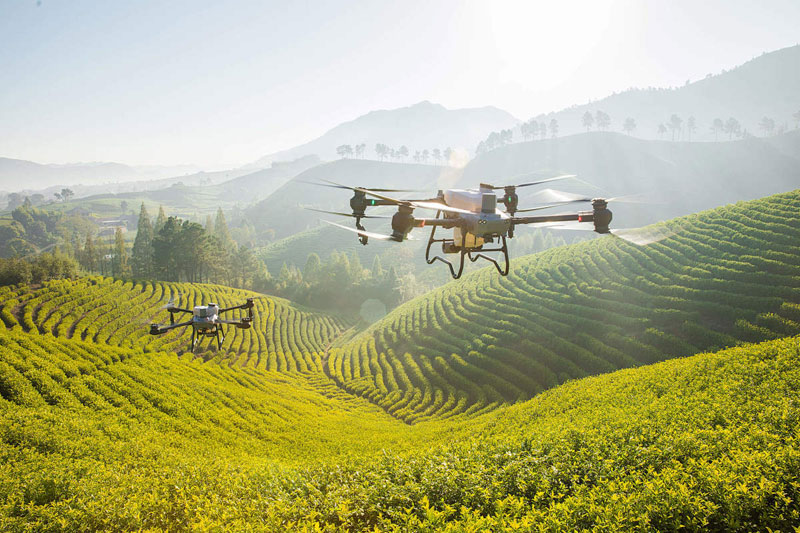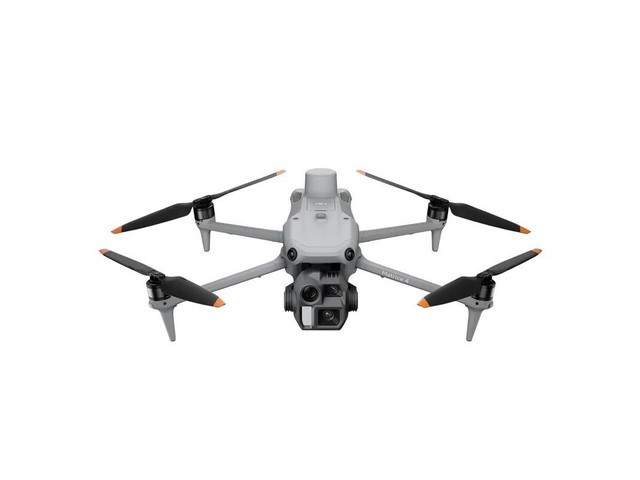Flying drones has become a widely popular hobby and a professional endeavor for many. Whether you’re capturing breathtaking aerial footage or utilizing drones for commercial purposes, understanding how to obtain your drone license, also known as a Remote Pilot Certificate, is an essential step.

Understanding the Importance of a Drone License
A drone license is more than just a piece of paper; it is a certification that demonstrates a pilot’s understanding of flight regulations and commitment to safe flying practices. This certification is required for anyone intending to fly drones for commercial purposes or operate drones weighing more than 0.55 pounds.
The Basic Steps to Your Drone License

- Eligibility: You must be at least 16 years old and able to understand, speak, read, and write English proficiently.
- Study the Requirements: Familiarize yourself with the Federal Aviation Administration (FAA) guidelines and regulations for unmanned aerial systems.
- Aeronautical Test: Prepare for the Aeronautical Knowledge Test by studying topics such as airspace classification, weather effects on drones, and emergency procedures.
- Pass the Test: Once prepared, schedule your test at an FAA-approved testing center to acquire your license.
- Application Process: After passing, complete the application process on the Integrated Airman Certification and Rating Application (IACRA) website.
- Receive Your Certificate: Upon review, you will get your Remote Pilot Certificate which allows you to operate drones commercially.

Preparing for the Aeronautical Knowledge Test
Preparing for the aeronautical test is crucial. There are several resources available, including online courses, study guides, and regional FAA-approved instructors. Cover vital topics such as:
- Drone systems and performance
- Airspace classification
- FAA regulations
- Meteorology and the impact of weather on drones
Commercial and Recreational Drone Flying
Operators may be wondering about the differences between commercial and recreational flying. For hobbyists, several rules apply under the exception for recreational drones:
- Fly strictly for pleasure, not for work or business.
- Stay within visual line-of-sight (VLOS).
- Follow the safety guidelines of a community-based organization.
Those flying for commercial purposes need a drone license. Commercial activities encompass anything with potential financial gain, such as photographing events, real estate mapping, and media coverage.
Maintaining Your Drone License
Once you have your license, maintaining it involves:
- Undergoing security background checks
- Abiding by ever-evolving FAA regulations
- Participating in occasional training updates
Drone License Renewal
Your drone license is valid for two years. To keep it active, renew it by taking a recurrent knowledge test, ensuring you’re updated on the current regulations and technological advances in drone operations.
Frequently Asked Questions
Do I need a drone license for recreational use? While recreational users don’t need a drone license, they must adhere to specific FAA rules and guidelines.
Can I fly my drone anywhere once licensed? A license allows you to fly in many areas, excluding restricted zones like airports, national parks, or places under Temporary Flight Restrictions (TFRs).
What happens if I fly without a drone license? Operating commercially without a license may result in fines, legal action, and a ban from future commercial drone activities.
